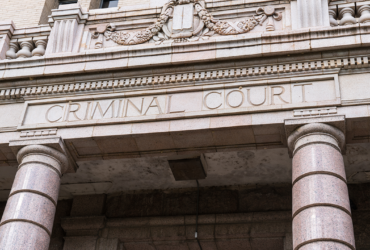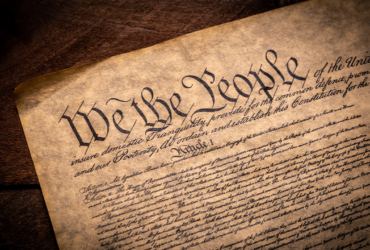Due process requires there be fair laws and a fair process
Notes:
- Our Bill of Rights contains a due process clause, which explicitly prohibits the government from taking or failing to take any action that would deprive a person of “life, liberty, or property without due process of law.”
- When the government treats a person unfairly through its body of laws and civil and criminal procedures, the person is said to have been denied or deprived of due process of the law. The right to due process is a constitutionally protected right under the 14th and 5th Amendments.
- The right to due process is considered a fundamental right, which means it’s constitutionally and expressly mandated that every person in a civil or criminal matter is entitled to a fair process and fair laws.







